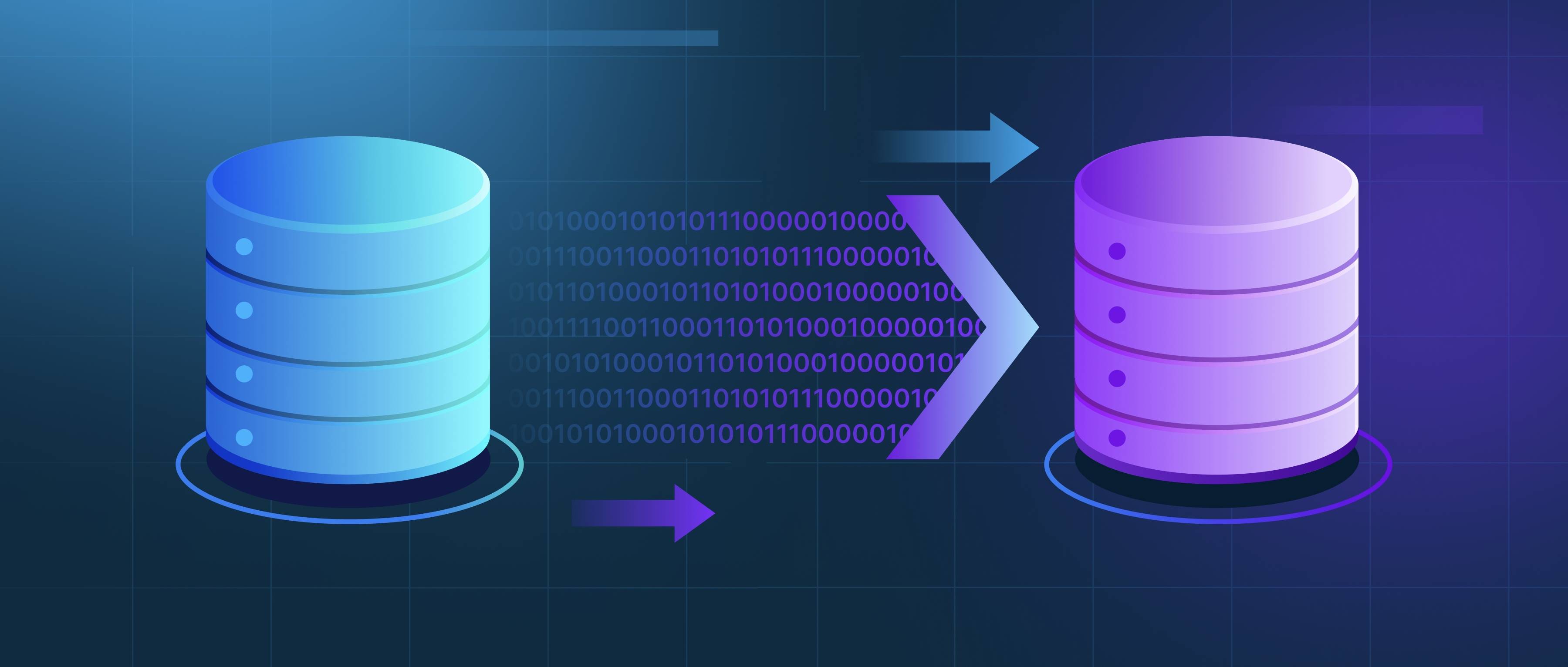Entropy regularization is a technique used in reinforcement learning that encourages more diverse and exploratory actions by adding a penalty term based on the entropy of the action distribution. In simple terms, it rewards the agent for taking a wider variety of actions rather than exploiting the known best options too quickly. This is particularly useful in environments where the agent needs to discover effective strategies or navigate complex state spaces.
When an agent interacts with an environment, it typically learns to favor actions that yield higher rewards. However, by introducing entropy regularization, the learning process is adjusted to ensure that the agent does not overly concentrate its actions. Instead, it maintains a level of uncertainty or randomness in its choices, which can lead to discovering new paths to achieve greater rewards. For instance, in a game-playing scenario, if the agent only tries the most successful strategies without exploration, it could miss out on alternative tactics that could lead to even higher scores.
Implementing entropy regularization can be straightforward in practice: you add an entropy term to the loss function during training. This term often takes the form of the negative entropy of the action distribution, scaled by a hyperparameter that controls its influence. A higher value of this parameter encourages more exploration, while a lower value lets the agent focus more on exploitation. By fine-tuning this parameter, developers can strike a balance between exploring new strategies and capitalizing on known successful actions, ultimately leading to better performance in complex or dynamic environments.
